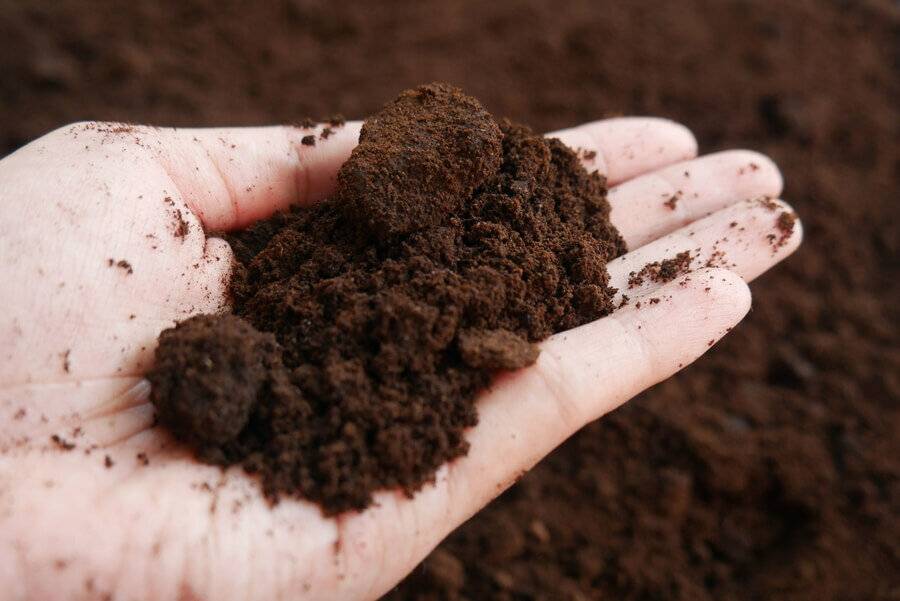Are Bath Salts Safe for Septic Systems?
When it comes to maintaining a healthy and functional septic system, it’s important to consider the impact of various substances that enter the system. One such substance that has gained attention in recent years is bath salts. Bath salts, commonly used for relaxation and therapeutic purposes, have raised concerns about their compatibility with septic systems.
Septic systems play a crucial role in treating and disposing of household waste, ensuring the protection of both public health and the environment. These systems rely on a delicate balance of natural processes to break down and treat wastewater effectively. However, certain substances can disrupt this balance and potentially harm the septic system’s functionality.
In this article, we will explore the question: Are bath salts safe for septic systems? We will delve into the potential impact of bath salts on septic tanks, the environment, and overall system performance. By examining the available information and considering the nature of bath salts, we aim to provide a clear and straightforward analysis of their compatibility with septic systems.
Throughout this discussion, we will maintain a blunt and straightforward approach, avoiding sugarcoating and presenting the facts as they are. Safety will be a crucial aspect of our analysis, as the well-being of septic systems and the environment should never be compromised.
Before we proceed, it’s important to note that the information presented in this article is based on the knowledge available up until January 2022. If any information falls beyond this scope or if there are uncertainties, we will be transparent and state, “I don’t know.”
Now, let’s delve into the topic and uncover the truth about the safety of bath salts for septic systems.
The Impact of Bath Salts on Septic Systems
As we delve into the question of whether bath salts are safe for septic systems, it’s important to understand the potential impact these substances can have on the delicate balance of the system. Let’s explore the key aspects and considerations:
1. Chemical Composition of Bath Salts
Bath salts typically contain a mixture of various ingredients, including minerals, essential oils, and synthetic compounds. While these components may provide a pleasant bathing experience, some of them can pose challenges for septic systems.
One common concern is the presence of synthetic fragrances and dyes in bath salts. These additives often contain chemicals that are not easily biodegradable and can disrupt the natural processes within septic tanks. Over time, the accumulation of these substances can lead to clogging, reduced bacterial activity, and overall system inefficiency.
2. Impact on Septic Tank Functionality
Septic tanks rely on a delicate balance of bacteria and enzymes to break down solid waste and treat wastewater effectively. When bath salts enter the system, they can introduce foreign substances that may inhibit the growth and activity of these essential microorganisms.
The presence of bath salts in septic tanks can disrupt the natural microbial ecosystem, leading to imbalances and reduced treatment efficiency. This can result in the accumulation of solids, increased sludge levels, and potential blockages in the system.
3. Environmental Concerns
Septic systems are designed not only to protect public health but also to safeguard the environment. The discharge from septic tanks eventually reaches the soil and groundwater, which can have a significant impact on local ecosystems.
When bath salts containing synthetic chemicals enter the environment, they can potentially contaminate groundwater and nearby water bodies. These substances may persist in the environment for extended periods, posing risks to aquatic life and potentially disrupting the delicate balance of ecosystems.
4. Safety Considerations
While the impact of bath salts on septic systems is a concern, it’s important to note that the safety of individuals using these products is also crucial. Some bath salts may contain harsh chemicals or irritants that can cause skin irritation or allergic reactions.
When using bath salts, it’s essential to follow the manufacturer’s instructions and be mindful of any potential adverse effects. If you experience any discomfort or irritation, it’s advisable to discontinue use and consult a healthcare professional.
Conclusions
Based on the available information, it is evident that bath salts can have a negative impact on septic systems. The synthetic additives and chemicals present in bath salts can disrupt the natural processes within septic tanks, leading to reduced efficiency, potential blockages, and environmental concerns.
To ensure the optimal functioning of septic systems and minimize the risks associated with bath salts, it is advisable to avoid excessive use or disposal of these substances down the drain. Instead, consider alternative methods of relaxation and self-care that are septic system-friendly.
Remember, maintaining a healthy septic system is not only beneficial for your household but also for the environment. By making informed choices and being mindful of the substances we introduce into our septic systems, we can contribute to the long-term sustainability of these essential wastewater treatment systems.


0 Comments